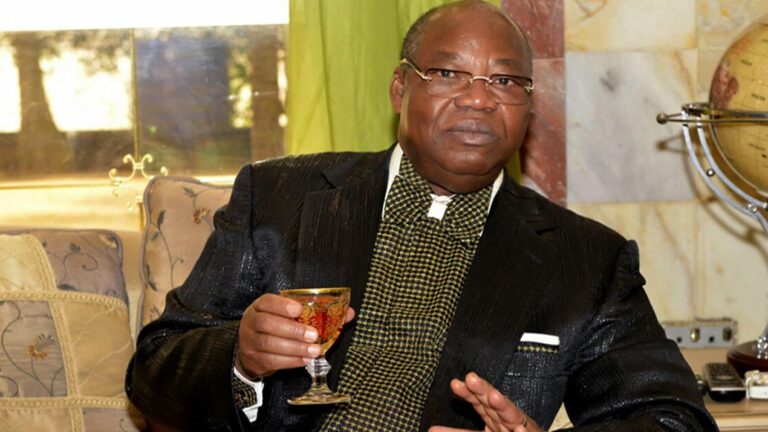Environmental advocate and Niger Delta native, Dr. Bolouowei Kurokeme, has appealed to the Federal Government and stakeholders in the oil and gas sector to formally acknowledge former Petroleum Minister Dan Etete as a key figure in Nigeria’s journey toward indigenous participation in its energy industry.
Speaking in an interview with journalists, Kurokeme emphasized that Etete’s bold policy moves in the 1990s laid the foundation for Nigeria’s evolving local content success and current energy policies promoting economic nationalism.
Legacy of Local Empowerment
Dr. Kurokeme credited Etete’s vision for shaping a future where Nigerians could have direct involvement and ownership in their country’s oil wealth. He underscored Etete’s instrumental role in drafting the 1998 Marginal Field Decree, which allowed indigenous companies to participate meaningfully in oil exploration and production.
“Dan Etete was not a beneficiary of OPL 245 as many assume. He served merely as a consultant appointed by Malabu Oil and Gas. His true contribution lies in the structural changes he initiated for Nigeria’s long-term benefit,” Kurokeme stated.
The Roots of ‘Nigeria First’
Kurokeme further linked Etete’s early push for local content to the current Nigeria First initiative under President Bola Tinubu, a policy direction that prioritizes homegrown goods, services, and expertise in national development.
He pointed to recent data from the Nigerian Content Development and Monitoring Board (NCDMB), which shows Nigeria achieving 56% local participation in its oil and gas sector by the end of 2024—progress, he argued, that began with Etete’s efforts decades ago.
Challenging Foreign Dominance
During his time as Petroleum Minister from 1995 to 1998, under the late General Sani Abacha’s administration, Etete navigated a volatile political climate dominated by international interests. Despite the challenging environment, he pursued a strategic agenda to distribute oil assets to Nigerian-owned companies, including Malabu’s acquisition of the now-famous OPL 245.
“These weren’t mere political favors,” said Kurokeme. “They were deliberate economic interventions meant to dismantle foreign monopolies, empower local investors, and steer Nigeria toward self-reliance.”
A Call to Remember
Kurokeme concluded his remarks by calling on policymakers, civil society, and industry leaders not to overlook Etete’s trailblazing role in shaping Nigeria’s current local content framework. He urged the nation to properly honor the legacy of a man who, he said, laid the blueprint for economic sovereignty at great personal and political risk.

